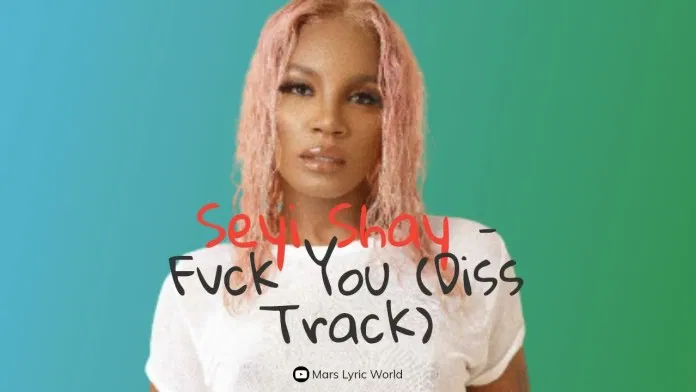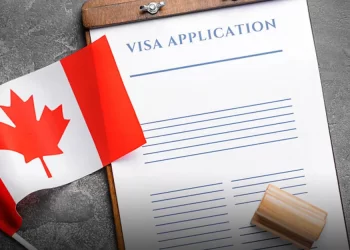
The eponymous title track, “Stick Season,” anchors Noah Kahan’s acclaimed 2022 album, marking his third release and a pivotal moment in his commercial journey. Unveiled as a single in July 2022, the song resonates as a poignant breakup anthem, delving into themes of loneliness and isolation heightened by the pandemic.
This track catapulted Noah Kahan to household-name status, achieving viral acclaim on TikTok and solidifying his position as one of the foremost American songwriters in today’s musical landscape.
“Stick Season” Lyrics Meaning
Kahan, a Vermont native, has been very transparent about the meaning of “Stick Season” and how it applies to his life.
In an in-depth interview with TODAY earlier this year, he discussed how the track and album were born of pandemic reflection, and marked a significant stylistic shift for him. His first two albums, Busyhead (2019) and I Was / IAm (2021) were popular, but not nearly to the extent of Stick Season.
With the background covered, let’s dive into the lyrics to “Stick Season” and see the story that Kahan was telling here and how he managed to turn a Vermont-specific term into a universal experience of dreary, gray, sweet loneliness.
Verse One
“As you promised me that I was more than all the miles combined / You must have had yourself a change of heart like / Halfway through the drive”
He recalls how his ex-lover once professed a powerful love that could span long distances. This was either literally or metaphorically said while the couple were coming together, perhaps for the holidays, or perhaps more of a representation of overcoming obstacles to be together.
“Because your voice trailed off exactly as you passed my exit sign / Kept on drivin’ straight and left our future to the right”
The promises turned to silence, and Kahan’s ex moved on without him. It’s implied that there was not much said between them, and perhaps he was even ghosted by this person.
“Now I am stuck between my anger and the blame that I can’t face”
Kahan knows that he is partially to blame for how things went, but he’s too angry to admit it.
“And memories are somethin’ even smoking weed does not replace”
Marijuana is known to cause short-term memory loss. However, no matter how much weed Kahan smokes, he can’t forget about her.
“And I am terrified of weather ’cause I see you when it rains”
This is a feeling of existential dread, and the idea that everything reminds you of an ex after a breakup.
“Doc told me to travel, but there’s COVID on the planes”
His doctor advises travel to clear his head, but the existential fear follows him there, too, with the real fear of catching COVID on a plane. This drives home the feeling of isolation and being stuck in a rut that the song centers itself around.
Chorus
“And I love Vermont, but it’s the season of the sticks”
Kahan has explained that “the season of the sticks” is a Vermont-specific term that refers to the season between Halloween and the first snow. Essentially, the darkest time of fall, before the freshness of the winter snow comes to brighten up the day.
During this time, especially in the Northeast, the trees are bare of leaves and drop lots of sticks in the chilly winds. The trees themselves even resemble giant sticks. If you’re going through a breakup, it’s easy to see how the weather could make things worse.
He is essentially saying that this place he loves is depressing for him right now for a number of reasons.
“And I saw your mom, she forgot that I existed”
This suggests that his ex did not view him with much importance.
“And it’s half my fault, but I just like to play the victim”
Again, he admits that he had something to do with this breakup. But in this case, he would rather feel sorry for himself.
“I’ll drink alcohol ’til my friends come home for Christmas”
He plans to drink alone until the Holidays, which generally brings the first snow in the Northeast, and thus the end of “Stick Season.”
“And I’ll dream each night of some version of you / That I might not have, but I did not lose”
Kahan has created a fantasy version of his ex. He doesn’t have that person now, but he also never lost that person because she does not exist. This is a hallmark of codependence and the difficulty that comes from wishing someone had certain qualities, and falsely applying those qualities to them.
Especially after the breakup, when all you can think about is how things went wrong and how much you want your vision of that person back.
“Now your tire tracks and one pair of shoes / And I’m split in half, but that’ll have to do”
He understands the reality of the situation, and he knows that he must accept it.
Verse Two
“So I thought that if I piled something good on all my bad / That I could cancel out the darkness I inherited from dad”
Kahan sings about generational trauma, and the natural instinct to search for some way to avoid facing it and conquering it yourself. It has become commonly recognized that these traumas have a profound impact on relationships — one of the few positives that can be said of the modern dating world.
“No, I am no longer funny ’cause I miss the way you laugh”
Now that he doesn’t have her around to laugh at his jokes, he feels that he has lost his sense of humor. It’s a comment on the self-deprecative, pathetic feelings that often follow an experience of emotional abandonment.
“You once called me forever now you still can’t call me back”
A stark juxtaposition between the height of a romantic relationship and the emptiness post-breakup.
Bridge
Another chorus is followed by the bridge, which contains this little nugget before closing with one final chorus.
“I hope this pain’s just passin’ through / But I doubt it”
Kahan expresses a hopelessness, and the feeling that things will never get better for him.





















